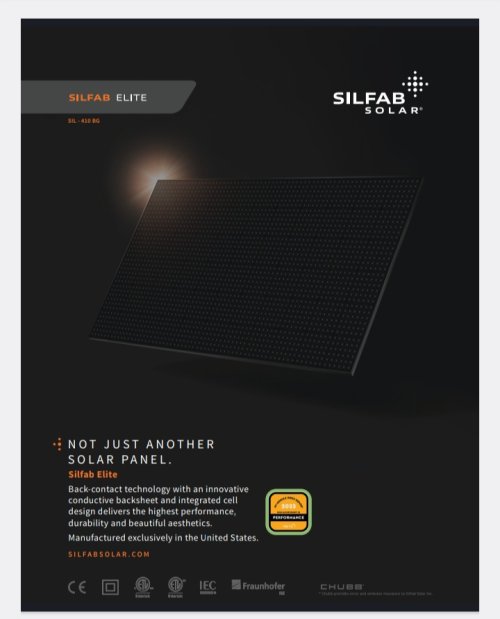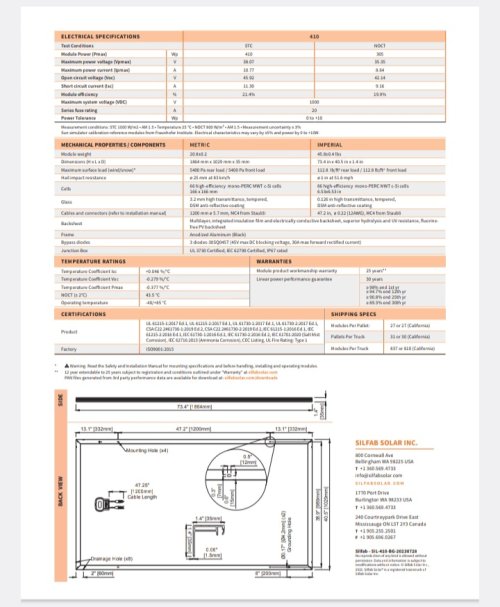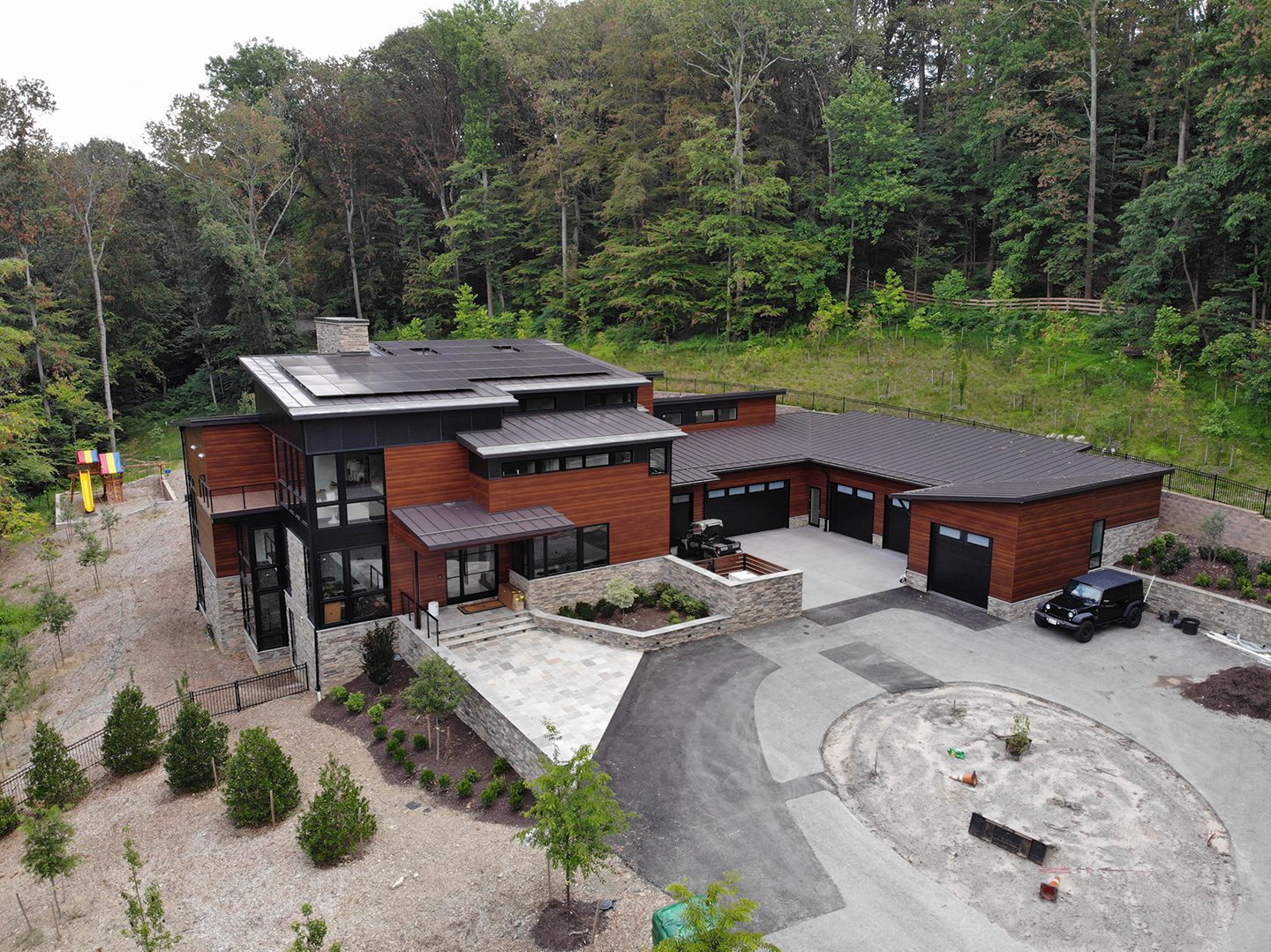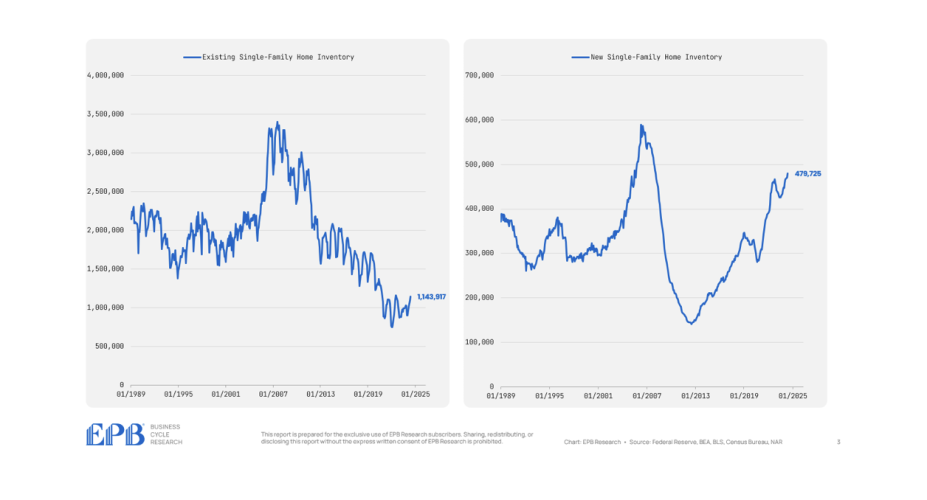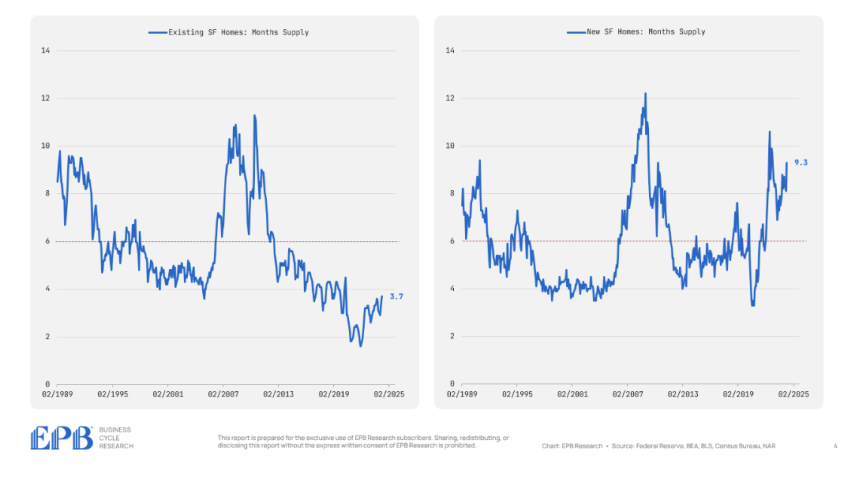BigHornRam
Well-known member
So have you installed solar yet?Sure, but that isn't the whole story. Poor (and rich) people benefit from a robust energy grid, even if they don't realize it. A tax credit is only useful if you PAY taxes. There is probably no 'perfect' solution to a situation where everyone wants cheap, reliable electricity and doesn't want to pay to make it cheap and reliable. That rule goes for a lot of things we enjoy in America: roads, healthcare, public lands, etc.




